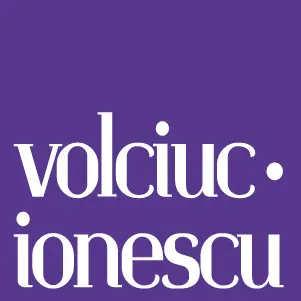Background
Part of an extensive legal framework aimed at making financial markets in the EU more robust and transparent by improving investor protection, increasing market transparency and promoting competition in trading, the EU Directive no. 65/2014 on markets in financial instruments (“MiFID II“) was approved in 2014 and should have been transposed into national legislation by 3 July 2017.
In Romania, transposition of MiFID has been carried out through Law no. 126/2018 on markets in financial instruments (“Romanian MiFID II Law“) which was published in the Official Gazette of Romania on 26 June 2018 and entered into force on 6 July 2018, partially repealing Law no. 297/2004 on capital markets.
Romanian MiFID II Law applies to financial investment services firms, market operators, data reporting services providers, central securities depository, central counterparties, investment firms from other member states operating in Romania and third country investment firms providing investment services or performing investment activities in Romania by establishing a branch and regulates certain aspects in connection with the financial instruments and financial services and activities such as (i) conditions for authorisation and functioning of the regulated entities; (ii) investors’ protection rules; (iii) data reporting services; and (iv) clearing and settlement of transactions with financial instruments.
Key Changes
Romanian MiFID II Law prohibits promoting the investment services and activities through external service providers (e.g. “call centre” services). Marketing, selling and distribution to retail clients of certain categories of speculative products such as binary options, CFDs and, in certain conditions, derivatives traded on electronic traded platforms are also restricted under the Romanian MiFID II Law. For preventing any potential conflicts of interest, investment firms are prohibited to accept or retain pecuniary and non-pecuniary benefits from third parties for independent advice and discretionary asset management services.
Romanian MiFID II Law introduces new concepts of algorithmic trading and high-frequency algorithmic trading and regulates, inter alia, the systems and mechanisms for risk control in relation thereto.
A new multilateral, discretionary trading venue, the Organised Trading Facility (OTF) (in Romanian SOT), for non-equity instruments, such as bonds, structured finance products and derivatives is regulated under the Romanian MiFID II Law. By regulating a new trading venue, the Romanian MiFID II Law increases transparency requirements by closing loopholes in the structure of financial markets by capturing the “dark pool” systems and operators.
A new category of financial instruments is now included on the list of financial instruments: greenhouse gas emission allowances and derivatives thereof.
As a result of the extension of the reporting obligations, the Romanian MiFID II Law regulates new entities providing data reporting services: (i) the approved publication arrangement (APA); (ii) the approved reporting mechanism (ARM); and (iii) the consolidated tape provider (CTP), each being authorized by the Financial Supervisory Authority (FSA).
The creation and enforcement of mortgages and financial collateral on financial instruments, other than financial derivatives, registered with the Romanian central depository will be carried out in accordance with secondary legislation issued by the FSA. Publicity and enforceability against third parties of such security interest will be ensured and the ranking of the security interest will be given by registration with a newly regulated central publicity register held by the Romanian central depository. Upcoming FSA secondary legislation is expected to detail and regulate such central publicity register and registrations to be carried out thereunder.




